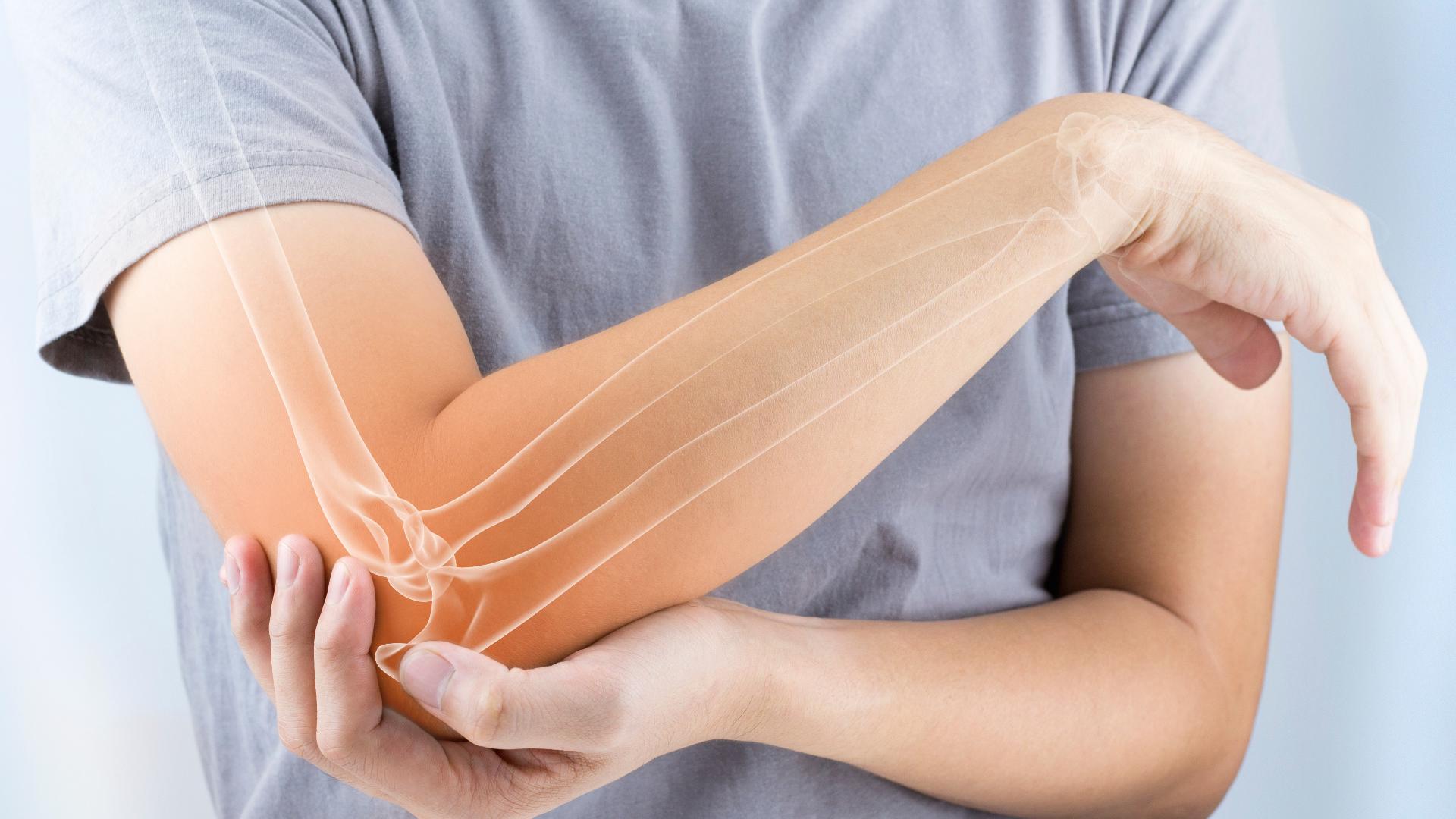SAN ANTONIO — It is never too early to start taking care of your bones. In our latest Healthy SA, we find out how now that we are living longer, certain physical problems in the body are becoming more commonplace. One of them being bone health.
May rounded out Osteoporosis Awareness and Prevention Month, but it's important to be aware of our bone health year-round and throughout our lifespan.
Osteoporosis isn't the same condition as arthritis. Annette Gantz, a nurse practitioner with the South Texas Fracture Prevention Clinic told us, "Rheumatoid arthritis is not osteoporosis, but a lot of the treatment for rheumatoid arthritis raises the risk of developing, as well as the disease itself increases the risk of developing osteoporosis."
The Bone Health and Osteoporosis Foundation says half of all women and one-quarter of all men over 50 will break a bone due to osteoporosis at some point in their life. They also say 10 million Americans have the disease and another 44 million have osteopenia or low bone mass.
How do you know if you have osteoporosis? If you break a bone from a fall and you're over 50, a bone density test will give you a T-Score that shows you the diagnosis of osteoporosis measuring minerals and microarchitecture. Gantz added, "It is important because if you are deficient in those you are more prone to fracture."
Dr. Tiffany Ward with the South Texas Spinal Clinic said, "Specifically for the Strong Bones program, what we do is we provide progressive resistive exercises based on where the patient is with their osteoporosis and tailor specific program for them."
Some of the risk factors of osteoporosis including excessive alcohol intake and smoking, a low body mass index, poor nutrition, eating disorders, lack of vitamin D and a sedentary lifestyle. Jennifer Capozzi, a certified nurse practitioner with the South Texas Spinal Clinic added, "A warning sign could be a fracture from a standing height, which we call a fragility fracture. And so if there's any history of fracture, spine fracture, risk fractures, they should get evaluated."
>MORE ON KENS
TRENDING:

